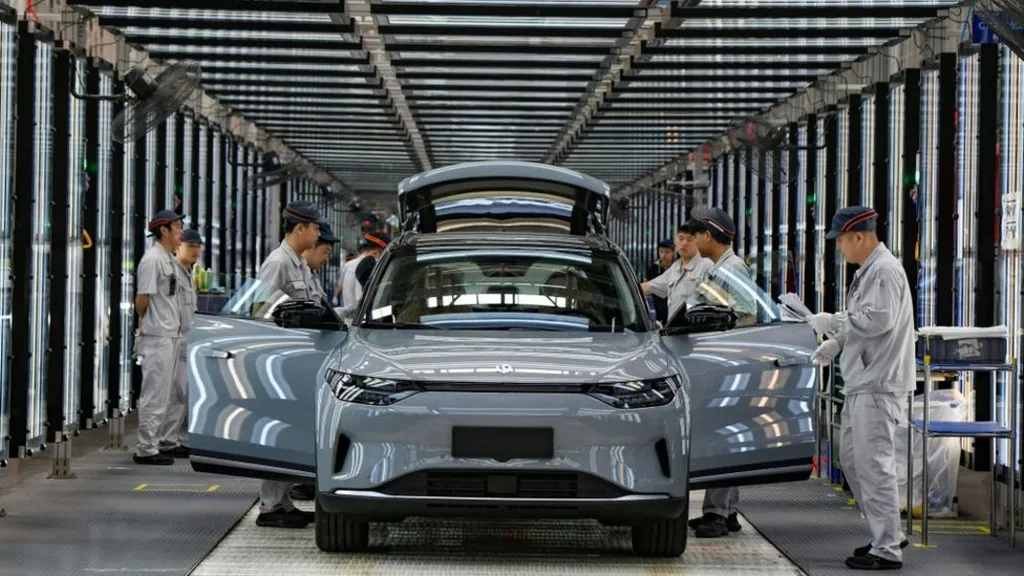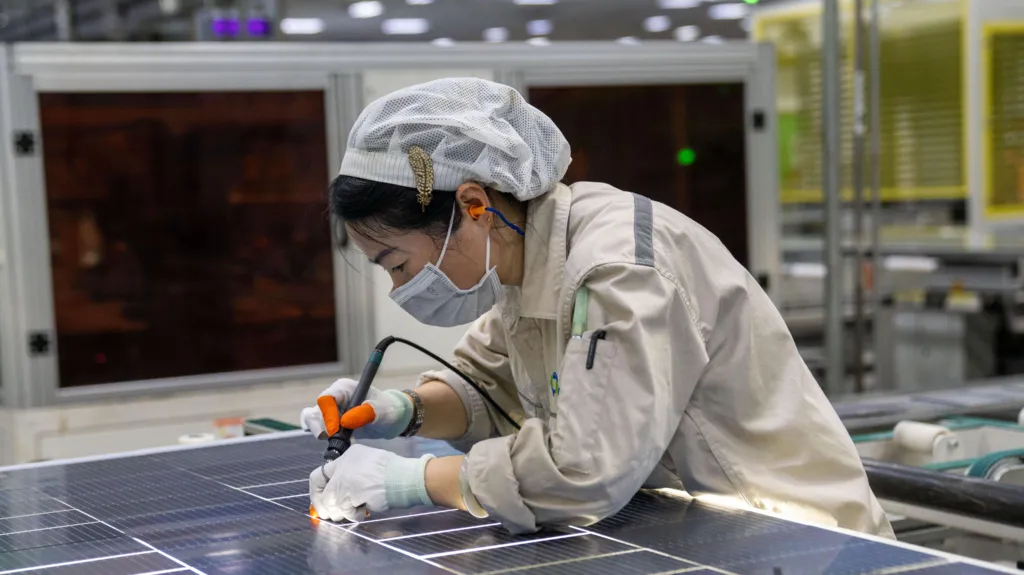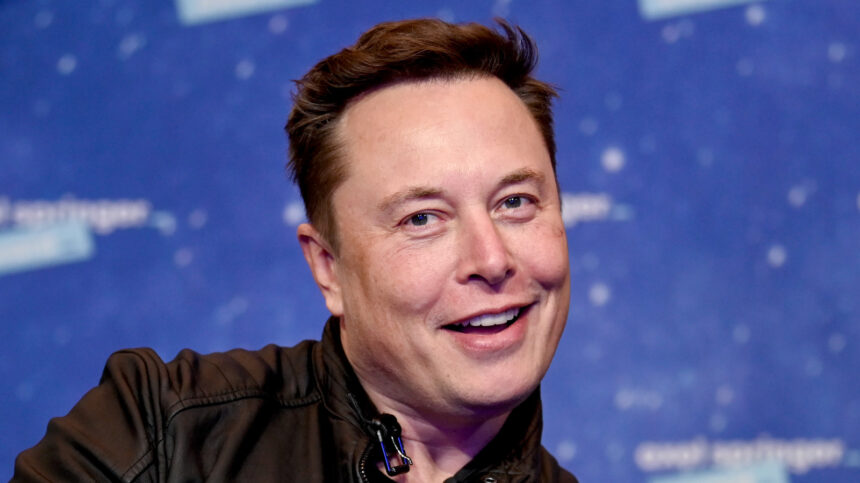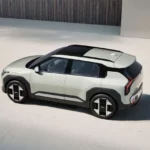Elon Musk, the CEO of Tesla, has publicly expressed his opposition to the recent increase in US tariffs on Chinese electric vehicles (EVs). Speaking via video link at a technology conference in Paris, Musk emphasized that neither he nor Tesla had requested these tariffs, which were announced by President Joe Biden just days prior.
“Neither Tesla nor I asked for these tariffs,” Musk stated, highlighting his surprise at the announcement. He further remarked, “Things that inhibit freedom of exchange or distort the market are not good.”

This stance appears to contrast with Musk’s earlier warnings in January, where he suggested that Chinese car makers would “demolish” their global competitors in the absence of trade barriers. Despite this, Musk now advocates for a tariff-free market, pointing out that Tesla competes effectively in China without any tariffs or preferential treatment. “I’m in favour of no tariffs,” he reiterated.
The Biden administration’s recent decision to implement a 100% tariff on EVs imported from China was presented as a measure to counteract unfair trade practices and protect American jobs. Last week, the White House justified the tariffs as necessary to prevent China from dominating the market for EVs and other critical products, such as batteries, computer chips, and essential medical supplies.
China has responded to the tariff hikes with strong opposition and has signalled potential retaliatory measures. This week, the Chinese Ministry of Commerce announced an anti-dumping investigation into imports of polyoxymethylene copolymer, a plastic used in electronics and automotive industries, from the US, EU, Taiwan, and Japan. This move is widely interpreted as a strategic countermeasure in the ongoing trade disputes.

Additionally, China has indicated it might impose tariffs of up to 25% on cars with large engines imported from the EU and the US. The China Chamber of Commerce to the EU reported being informed of this potential action by reliable sources. The European Commission, responsible for overseeing the EU’s trade policies, has set a deadline of July 4 to decide on possible measures against imports of Chinese-made EVs. This decision will be closely watched as the EU considers its stance on the escalating trade tensions.
President Biden has upheld many tariffs on China initiated by his predecessor, Donald Trump, and has increased trade pressure on Beijing. His administration’s recent actions reflect a broader strategy to safeguard American interests against what it perceives as unfair market practices by China. As the trade conflict between the US and China intensifies, Musk’s comments highlight the complexities facing global businesses operating across these major markets. The coming weeks and months will be crucial in determining the impact of these tariffs and the potential for further retaliatory measures.








